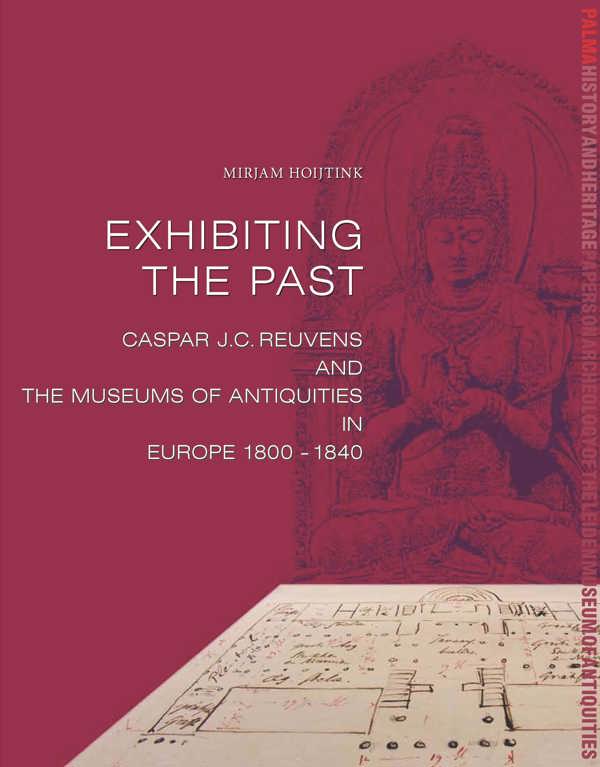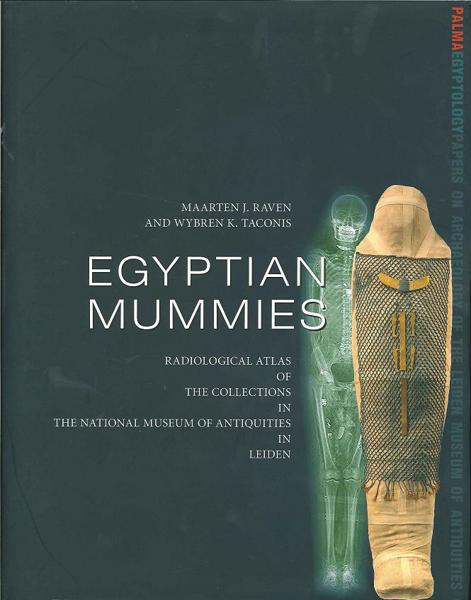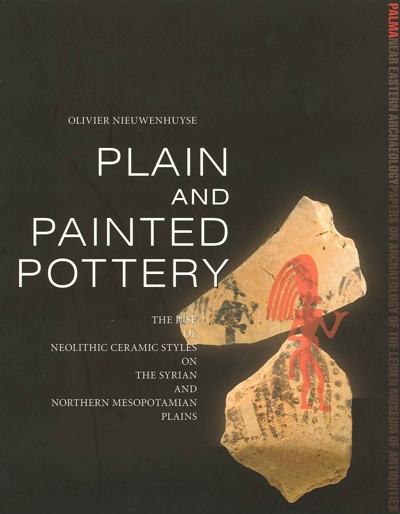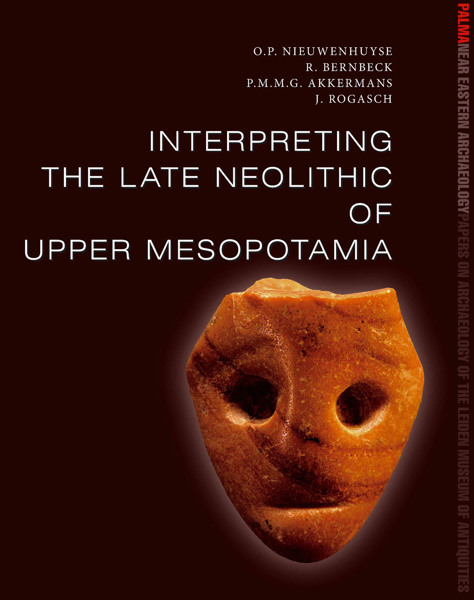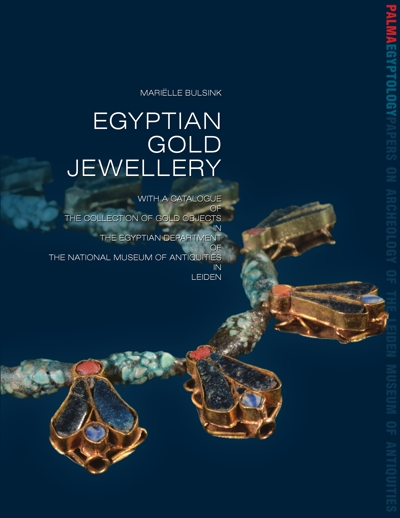
Exhibiting the Past
Caspar Reuvens and the Museums of Antiquities in Europe, 1800-1840
Mirjam Hoijtink
- Pages: 200 p.
- Size:220 x 280 mm
- Illustrations:15 b/w, 67 col.
- Language(s):English
- Publication Year:2012
- € 75,00 EXCL. VAT RETAIL PRICE
- ISBN: 978-2-503-54152-5
- Paperback
- Available
"This instructive book has been properly documented and very neatly produced, with an abundance of colourful illustrations collected at the back. It is a welcome addition to the growing literature in contextual museology."
Marita Wathijsen in: The Journal of the History of Collections, November 2013 (3), pp. 423 - 424
In the first decades of the 19th century the exhibition of antiquity in museums reflected a universal history of civilization, in which the idea of cross-cultural influences dominated. Hindu-buddhist civilization of 13th century Java was easily connected to that of classical Greece, and Indian Hindu-depictions were playfully related to those of Egyptian Pharaonic time. This book shows how antiquity, during and just after the Napoleonic era formed a statement in a changing world at the dawn of nationalism. The main character is the first professor of Archaeology Caspar Reuvens , director of the Museum of Antiquity in Leiden, the Netherlands (1818-1835). It emphasis on his forming years in Paris and Germany, his many travels to London, and his plans for a journey to Rome. Beside, it sheds new light on the radically changing canon of antique sculpture in a nervous Europe, that soon would be falling apart in nation states.
Mirjam Hoijtink teaches at the University of Amsterdam. Her research interest cover historical and political aspects related to Museums of Antiquity worldwide.

